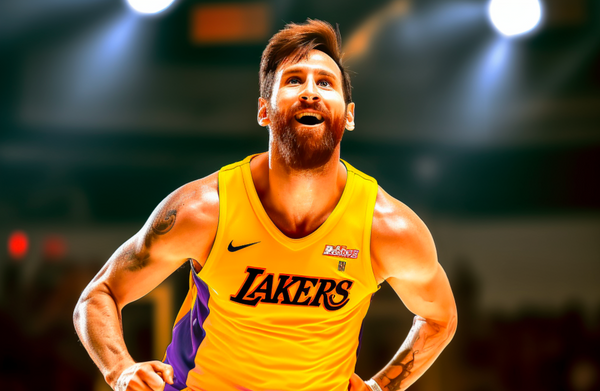The Effects of Time Zone Differences on Global Sports

Time zones have a significant impact on sports content consumption and global fandom. With the rise of digital platforms and the increasing globalization of sports, fans from different time zones are now able to access and engage with their favorite sports, teams, and athletes. This has led to a shift in the way sports content is consumed, as well as the growth of global fanbases.
👀 Key Takeaways
- Time zones influence when and how fans consume sports content.
- Digital platforms enable fans to access sports content from different time zones.
- Globalization of sports has led to the growth of international fanbases.
- Multi-screening and streaming services have changed the way fans engage with sports content.
- The future of sports fandom depends on adapting to changing fan behaviors and preferences.
🔍 Market Trends
- Sports fandom is increasing, powered by new digital platforms[1].
- Multi-screening has risen by 5% globally in the past year, and 10% among the Gen Z audience[1].
- Sports organizations are encouraged to create their own digital platforms to gain broader global visibility[1].
- Sports fans are attracted to sport through gaming, streaming content, or mobile apps[1].
- SportsTok is redefining the way people around the world consume sports and shaping a new culture around 24/7/365 fandom[6].
🏆 Top Businesses
- The National Football League (NFL): Has games scheduled at different times to accommodate fans in different time zones.
- The National Basketball Association (NBA): Has teams across the country, which means that games may start at different times for fans in different time zones.
- The English Premier League (EPL): Has teams across multiple time zones, which can impact the scheduling of games and the viewing experience for fans.
🧩 What If Scenarios
- What if virtual reality becomes the primary way fans consume sports content, impacting live event attendance?
- What if global sports leagues adopt a standardized schedule to accommodate fans from different time zones?
- What if sports organizations collaborate with streaming platforms to create personalized and immersive fan experiences?
💡 Idea Generation
- Develop mobile apps that cater to fans in different time zones, offering live updates and highlights.
- Create virtual reality experiences that allow fans to feel like they're attending live events, regardless of their location.
- Offer customizable streaming packages that allow fans to choose which games or events they want to watch.
- Encourage fan interaction through social media platforms and online communities, fostering global connections.
- Collaborate with gaming companies to create sports-themed games that attract and engage fans from around the world.
🔮 Future Impact
- The rise of digital platforms will continue to reshape sports content consumption and global fandom.
- Time zones will become less of a barrier as fans increasingly rely on digital platforms to access sports content.
- Sports organizations will need to adapt to changing fan behaviors and preferences to maintain engagement and loyalty.
- The globalization of sports will lead to more diverse and inclusive fanbases, as well as new revenue streams for leagues and teams.
Embrace the ever-changing landscape of sports fandom and stay connected with fans across time zones. The future of sports depends on adapting to new technologies, platforms, and fan behaviors. Keep up with the latest industry news and trends to ensure your favorite sports remain accessible and engaging for fans around the world. 🌍🏆





